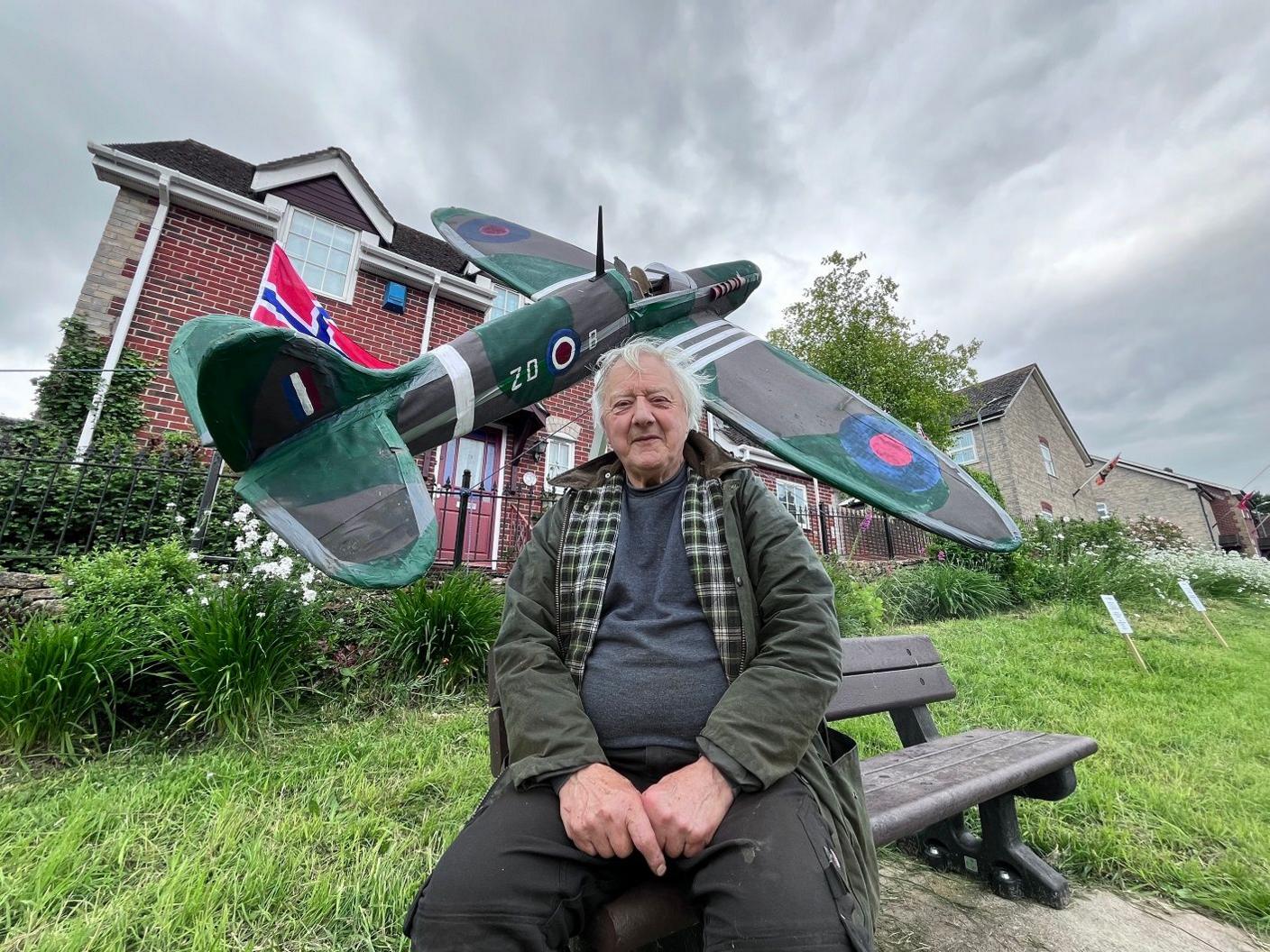Village pays 'emotional' tribute to D-Day soldiers
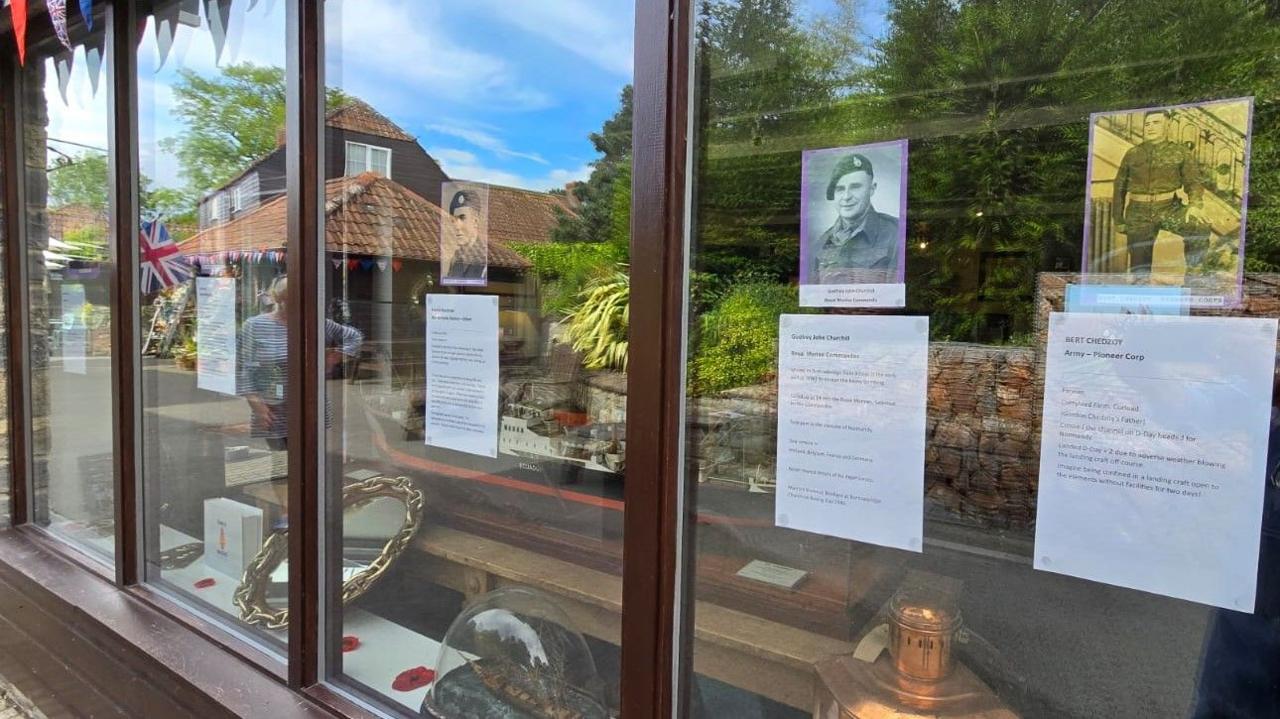
Sue Hembrow has been researching the history of D-Day soldiers from her village
- Published
A local history enthusiast says it has been an "emotional" experience finding out about the D-Day soldiers from her village.
Sue Hembrow from Stoke St Gregory in Somerset has researched some of the men who went to the beaches of Normandy.
As part of her research, she spent time knocking on doors in the village and found that some of those who took part in the landings were farmers and labourers.
She also discovered family connections to some of the soldiers, one of whom was friends with her father. Their stories are displayed in the shop window of Coates English Willow.
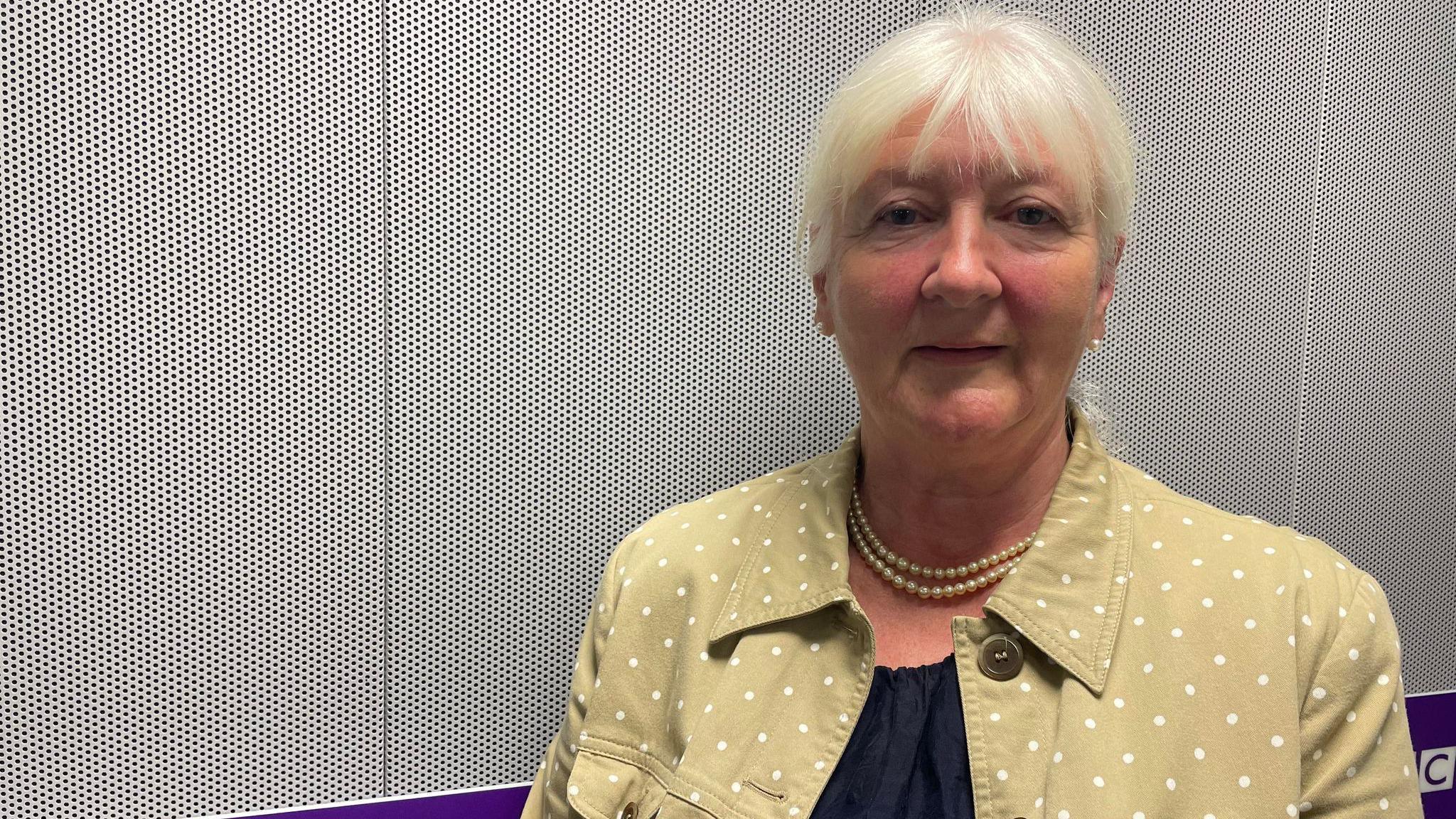
Sue Hembrow has charted the history of the D-Day soldiers from her village
Ms Hembrow discovered the stories of a handful of men from Stoke St Gregory, one such man was Reg Hector, an army gun tractor driver who was called up to serve in 1942.
He fought in Antwerp, Cannes, Brussels and Arnhem, but it was his experience at Falaise Gap that "haunted" him for the rest of his life.
Mr Hector was wounded in a mortar shell attack, and was shipped home to Manchester before recovering in Wiveliscombe and Norton Fitzwarren.
There was also Francis Hembrow (no relation to Ms Hembrow). He was dropped close to enemy lines ahead of D-Day to dig trenches and prepare communications.
Ms Hembrow said he would wear a black beret, but swapped it for a red one on Remembrance Sunday, adding he would always remember his fallen comrades.
She also spoke to the owner of the local cafe Jolene Gibbons, whose grandfather, Edgar Harris, landed in Normandy nine days after the initial invasion.
She discovered Mr Harris, who was part of the Motor Torpedo Boat (MTB) 471 Crew, was attacked by German U-boats, and a number of seaman on his vessel were killed.
Mr Harris was later stationed in Ostend, Belgium, and Lowestoft as part of efforts to liberate Scandinavia.
All of the men Ms Hembrow researched survived the war.
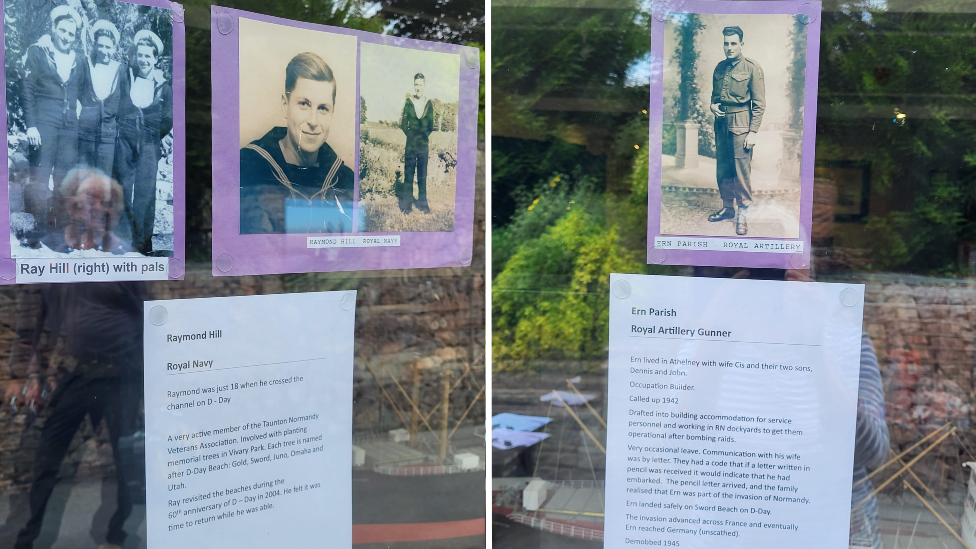
The research has gone in display in the village
Speaking to BBC Radio Somerset, she said she undertook the local project to "bring people together to remember".
It was "incredibly emotional" to hear the stories of those who took part in D-Day, she said.
"I do remember a lot of them, and they were contemporaries of my father, so it really brings the whole thing together," she added.
The window display at Coates English Willow runs until 8 June.
There will also be a gathering at the village's memorial stone on 6 June and bells will be rung in the evening.
Follow BBC Somerset on Facebook, external and X, external. Send your story ideas to us on email or via WhatsApp on 0800 313 4630.
Related topics
- Published3 June 2024
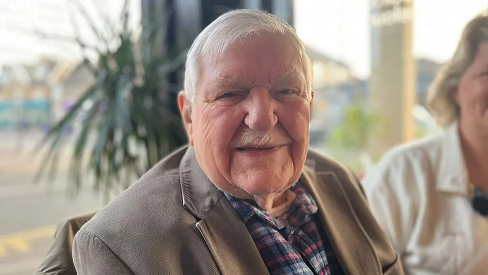
- Published3 June 2024
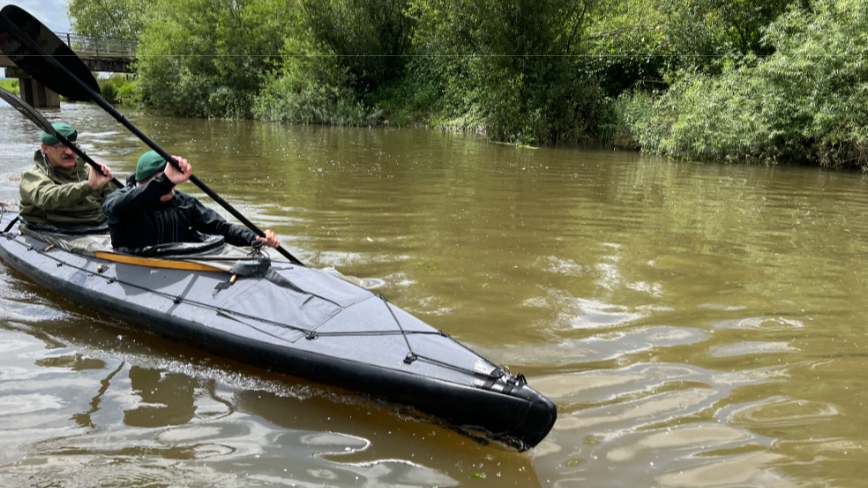
- Published3 June 2024
